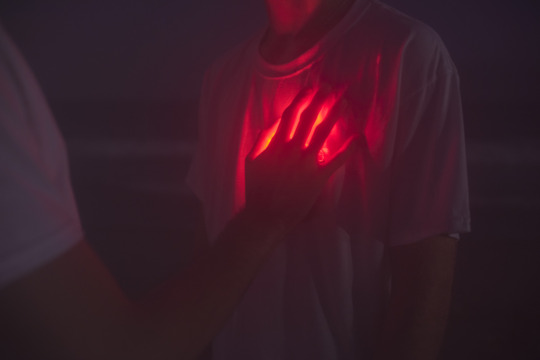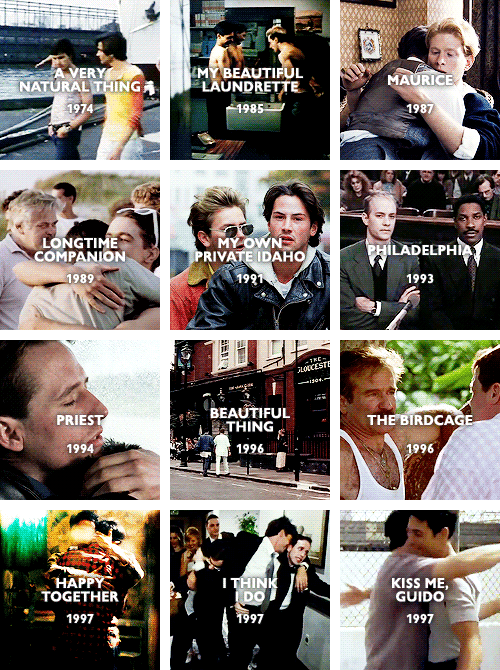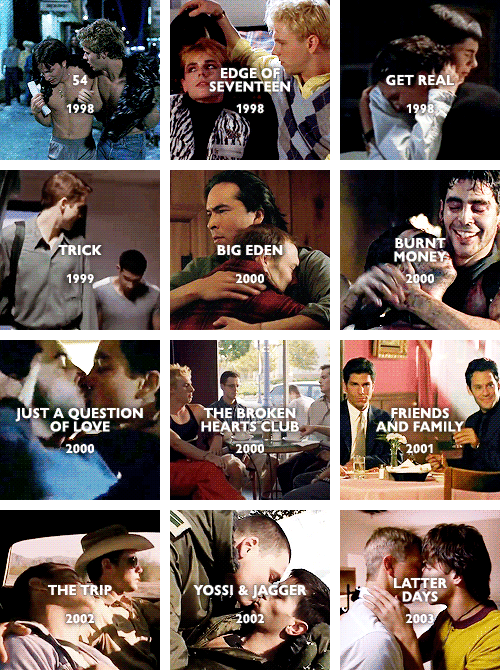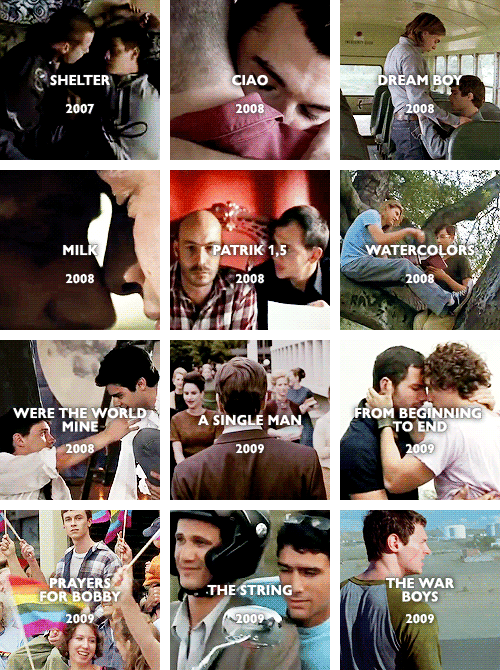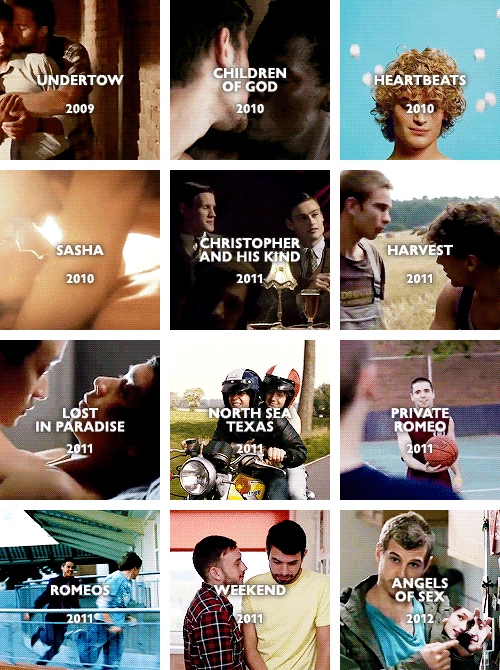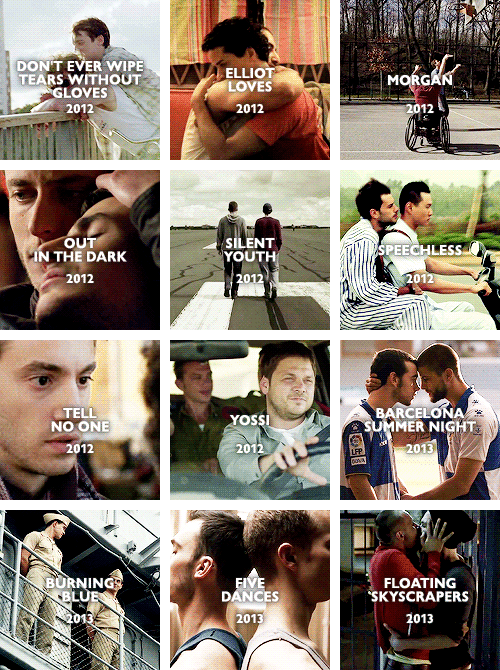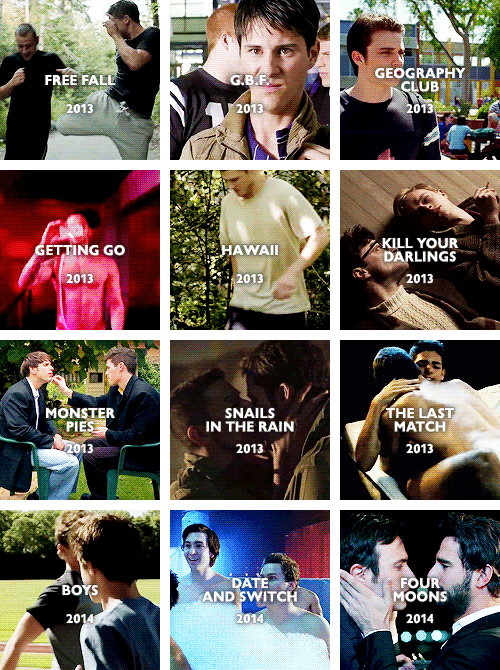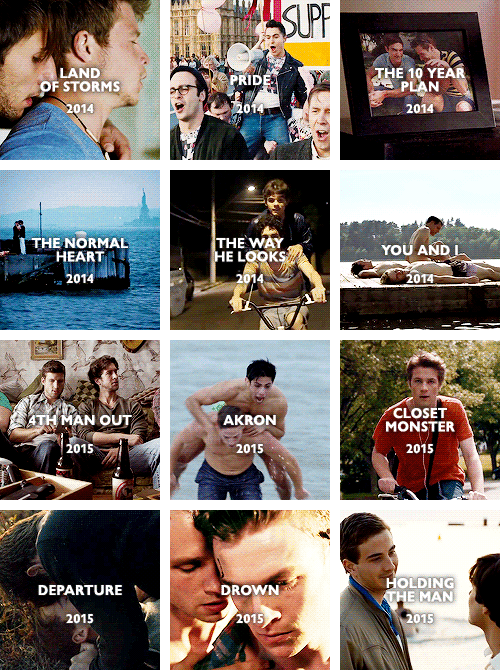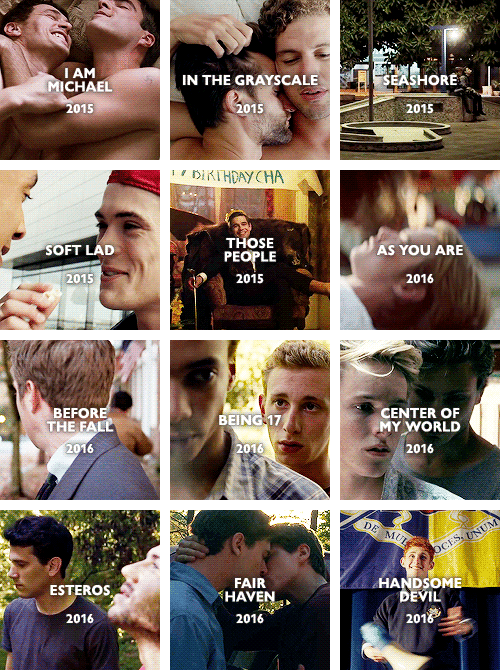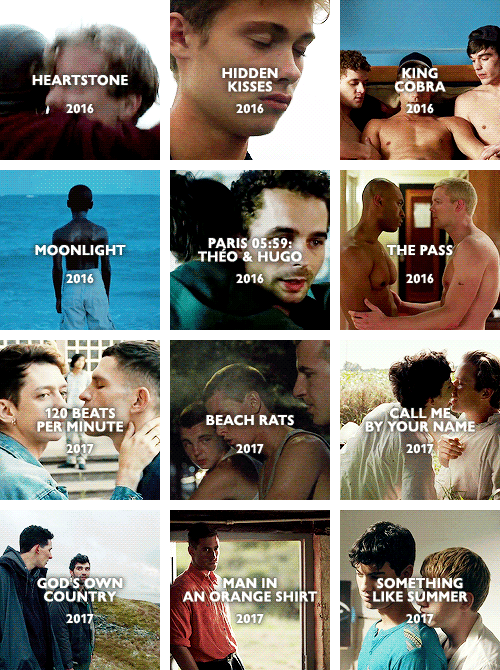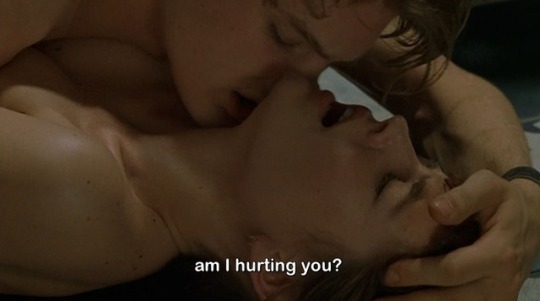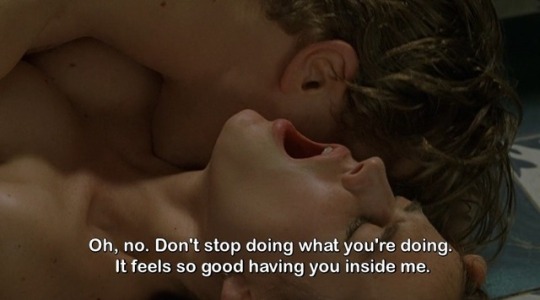Text
male gaze is not 'when person look sexy' or 'when misogynist make film'
death of the author is not 'miku wrote this'
I don't think you have to read either essay to grasp the basic concepts
death of the author means that once a work is complete, what the author believes it to mean is irrelevant to critical analysis of what's in the text. it means when analysing the meaning of a text you prioritise reader interpretation above author intention, and that an interpretation can hold valid meaning even if it's utterly unintentional on the part of the person who created the thing. it doesn't mean 'i can ignore that the person who made this is a bigot' - it may in fact often mean 'this piece of art holds a lot of bigoted meanings that the author probably wasn't intentionally trying to convey but did anyway, and it's worth addressing that on its own terms regardless of whether the author recognises it's there.' it's important to understand because most artists are not consciously and vocally aware of all the possible meanings of their art, and because art is communal and interpretive. and because what somebody thinks they mean, what you think somebody means, and what a text is saying to you are three entirely different things and it's important to be able to tell the difference.
male gaze is a cinematographic theory on how films construct subjectivity (ie who you identify with and who you look at). it argues that film language assumes that the watcher is a (cis straight white hegemonically normative) man, and treats men as relatable subjects and women as unknowable objects - men as people with interior lives and women as things to be looked at or interacted with but not related to. this includes sexual objectification and voyeurism, but it doesn't mean 'finding a lady sexy' or 'looking with a sexual lens', it means the ways in which visual languages strip women of interiority and encourage us to understand only men as relatable people. it's important to understand this because not all related gaze theories are sexual in nature and if you can't get a grip on male gaze beyond 'sexual imagery', you're really going to struggle with concepts of white or abled or cis subjectivities.
91K notes
·
View notes
Photo






Red: bold, set in his ways, very grown-up, almost gruff and ill-tempered—stay away. Yellow: sprightly, buoyant, funny, not without barbs—don’t give in too easily; might turn to red in no time. Green, which he seldom wore: acquiescent, eager to learn, eager to speak, sunny—why wasn’t he always like this?
Call Me by Your Name (2017)
2K notes
·
View notes
Photo

Timothèe Chalamet photographed by Fabien Kruszelnicki
595 notes
·
View notes
Photo

‘Say, boy, let’s not talk too much Grab on my waist and put that body on me Come on now, follow my lead’
13K notes
·
View notes
Photo


did you know that before they decided on a cgi baby for the twilight movie they had planned to use this ANIMATRONIC baby


feel like this also begs the question: why did the people who were in charge of this consider two alternatives for this character instead of just, like, a real human baby. i can’t imagine you couldn’t just nab some newborn off a crew member or friend
156K notes
·
View notes
Photo




#this scene lasts 24 seconds #and they deleted it #24 sECONDS Y'ALL
22K notes
·
View notes
Photo



#alec ‘i have no patience for your straight nonsense’ lightwood
5K notes
·
View notes
